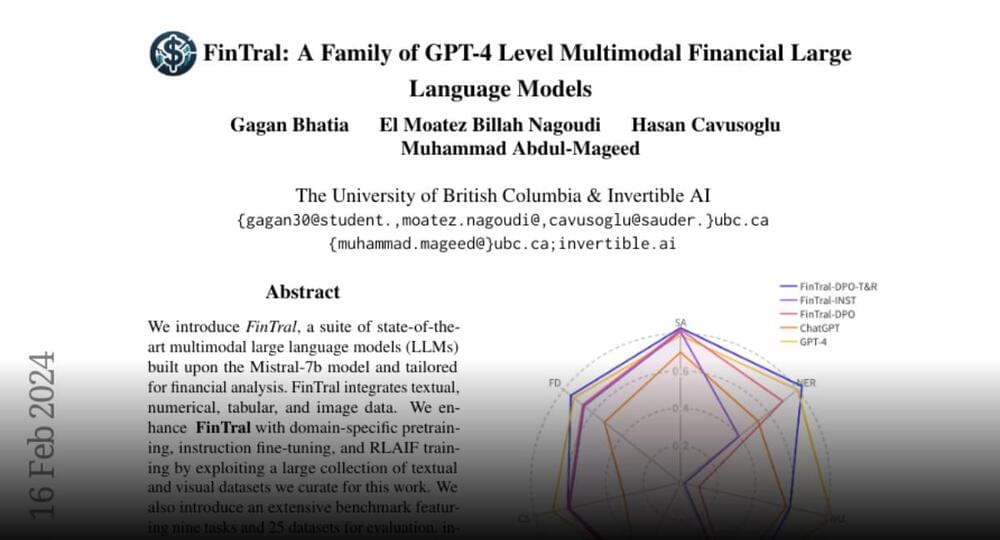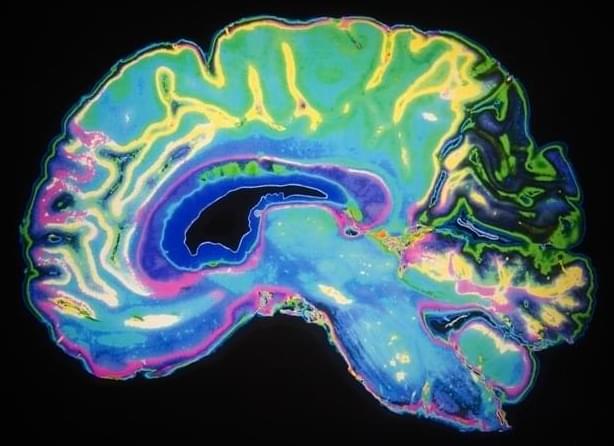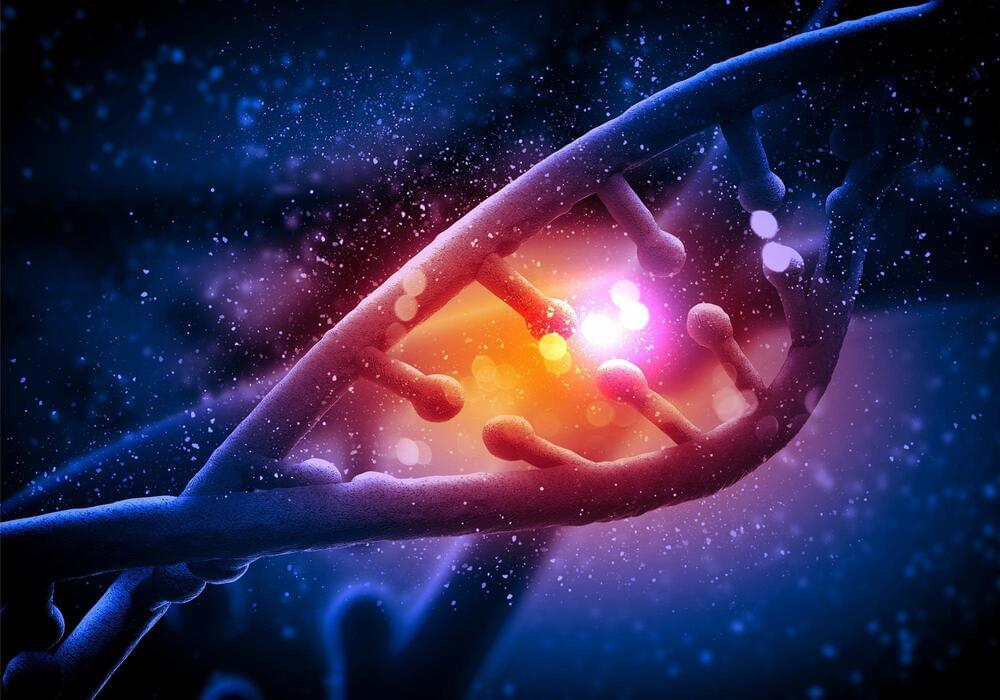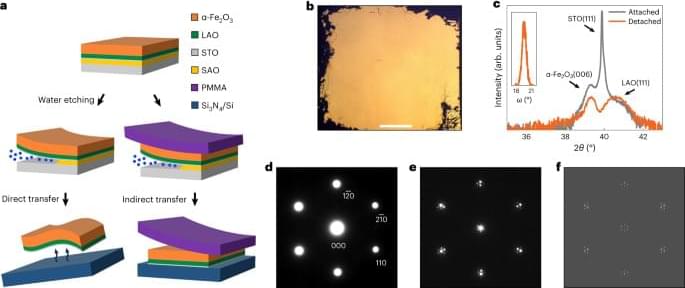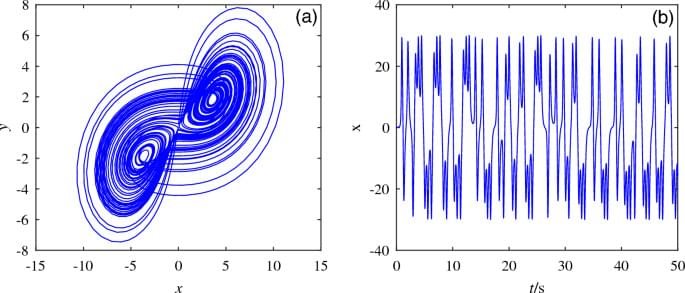Feb 20, 2024
Chemists Decipher Reaction Process that could Improve Lithium-Sulfur Batteries
Posted by Natalie Chan in categories: chemistry, energy, sustainability
A combination of battery technology and catalysis opens new avenues for cheap, high-capacity batteries. Lithium-sulfur batteries can potentially store five to 10 times more energy than current state-of-the-art lithium-ion batteries at much lower cost. Current lithium-ion batteries use cobalt oxide as the cathode, an expensive mineral mined in ways that harm people and the environment. Lithium-sulfur batteries replace cobalt oxide with sulfur, which is abundant and cheap, costing less than one-hundredth the price of cobalt.
But there’s a catch: Chemical reactions, particularly the sulfur reduction reaction, are very complex and not well understood, and undesired side reactions could end the batteries’ lives well before those of traditional batteries.
Now, researchers led by UCLA chemists Xiangfeng Duan and Philippe Sautet have deciphered the key pathways of this reaction.

